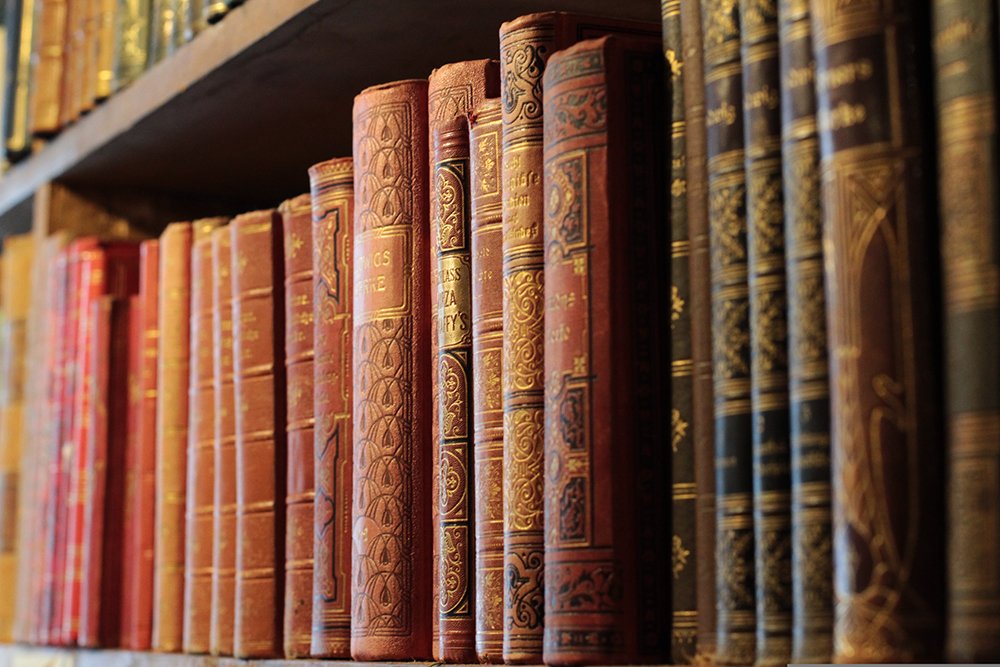
Italian literature stands as a testament to the rich cultural heritage of Italy, spanning centuries of artistic expression and intellectual exploration. From the epic poems of Dante Alighieri to the contemporary works of Elena Ferrante, Italian literature has captivated readers worldwide with its depth, beauty, and diversity. In this comprehensive guide, we embark on a journey through the pages of Italian literary history, exploring its major themes, notable authors, and enduring contributions to world literature.
The origins of Italian literature can be traced back to the medieval period, with the emergence of vernacular poetry in the form of troubadour songs and courtly romances. However, it was the groundbreaking work of Dante Alighieri in the 14th century that truly established Italian as a literary language. Dante's Divine Comedy, a visionary epic poem that traverses the realms of Hell, Purgatory, and Paradise, remains one of the crowning achievements of world literature. Through his poetic masterpiece, Dante not only crafted a vivid portrayal of the afterlife but also explored themes of love, redemption, and the human condition.
The Renaissance ushered in a golden age of Italian literature, marked by the flourishing of humanism and the revival of classical literary forms. Figures such as Petrarch, Boccaccio, and Machiavelli made significant contributions to Italian letters, with works ranging from Petrarch's sonnets to Boccaccio's Decameron and Machiavelli's political treatises. The Renaissance also saw the emergence of the Italian epic tradition, exemplified by Ludovico Ariosto's Orlando Furioso and Torquato Tasso's Jerusalem Delivered.
The Enlightenment brought about new currents in Italian literature, with writers like Giacomo Leopardi and Alessandro Manzoni grappling with themes of reason, skepticism, and social reform. Manzoni's historical novel, The Betrothed, remains a cornerstone of Italian literature, offering a poignant portrayal of love and resilience in the face of adversity. Meanwhile, the Romantic movement swept across Europe, inspiring Italian poets such as Giacomo Leopardi and Ugo Foscolo to explore themes of nature, emotion, and the sublime.
The 20th century witnessed a diverse array of voices in Italian literature, as writers confronted the challenges and upheavals of modernity. Italo Calvino's whimsical narratives, Umberto Eco's intellectual puzzles, and Elsa Morante's haunting portraits of post-war Italy all contributed to the richness of Italian literary landscape. More recently, authors like Elena Ferrante have garnered international acclaim for their incisive explorations of gender, identity, and power dynamics in contemporary society.
Italian literature is characterized by a myriad of themes and motifs that reflect the cultural, historical, and social context of Italy. Love and passion often figure prominently in Italian poetry and prose, from Petrarch's unrequited longing to the tempestuous romances of the Renaissance. Additionally, themes of exile, alienation, and longing permeate many works of Italian literature, echoing the country's complex history of migration and displacement.
Central to any discussion of Italian literature is Dante's Divine Comedy, a monumental work that continues to captivate readers and scholars alike. Composed of three parts—Inferno, Purgatorio, and Paradiso—the Divine Comedy offers a sweeping vision of the afterlife, populated by a diverse cast of characters ranging from historical figures to mythological beings. Through his allegorical journey, Dante explores themes of sin, redemption, and the divine order, inviting readers to contemplate the nature of existence and the human soul.
Italian literature boasts a wealth of classic authors and timeless works that continue to resonate with readers across generations. From the philosophical musings of Machiavelli to the lyrical poetry of Leopardi, each writer brings a unique perspective and voice to the literary canon. Other notable figures include Giovanni Boccaccio, author of the Decameron; Alessandro Manzoni, renowned for The Betrothed; and Italo Calvino, whose works blend fantasy, philosophy, and storytelling with unparalleled skill.
In recent years, Italian literature has witnessed a resurgence of interest in diverse voices and perspectives, reflecting the changing landscape of Italian society. Writers like Elena Ferrante, with her Neapolitan Quartet, have garnered widespread acclaim for their portrayal of female friendship and resilience in the face of social upheaval. Meanwhile, immigrant authors such as Igiaba Scego and Amara Lakhous have brought fresh insights into the complexities of identity and belonging in multicultural Italy.
Italian literature stands as a testament to the enduring power of storytelling and the human imagination. From the medieval epics of Dante to the contemporary narratives of Elena Ferrante, Italian writers have continuously pushed the boundaries of artistic expression, offering profound insights into the human experience. As we continue to explore the rich tapestry of Italian literature, we are reminded of its timeless relevance and its ability to transcend the boundaries of time and space.